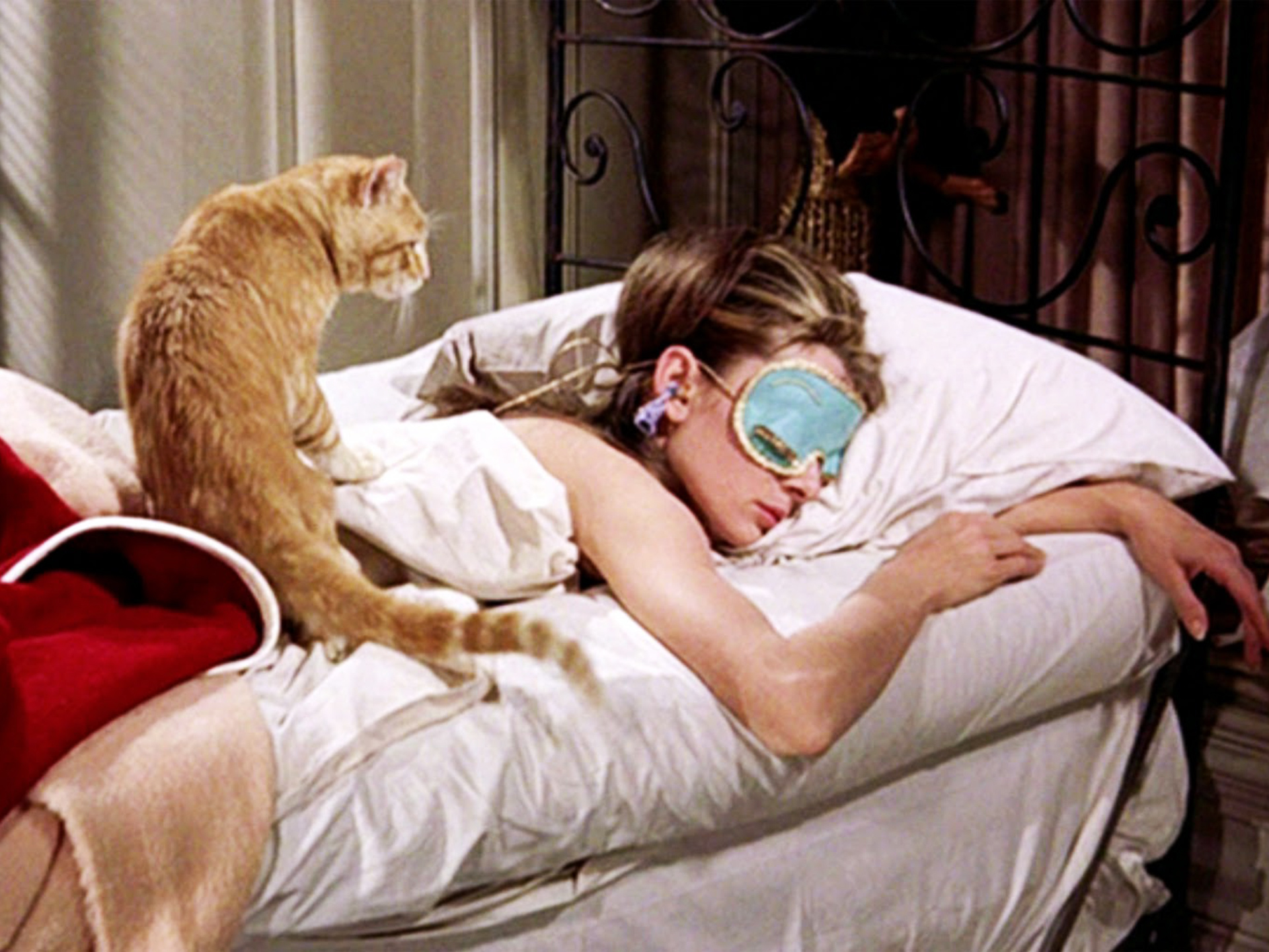Imagine heading off on holiday and patting (or kissing, depending on your pet affection stance) goodbye at the kennel or boarding house, only for that to be the last time you saw your fur child.
This is the heartbreaking situation which has happened to five NSW pet parents since December 22 last year, and it’s prompted calls for tougher legislation surrounding boarding facilities. The deaths are believed to have been caused by a number of issues including heat stroke as well as animal fighting.
The current NSW Animal Welfare Code of Practice No 5, which governs the pet care industry, has not been updated since 1996 and animal welfare groups, pet owners, the RSPCA and trusted cattery and kennel owners believe it is more than time for it to be reviewed, especially considering the rise of pet ownership in the last two decades.
In 1994, Australians owned 17.8 million animals and by 2016 that number had ballooned to a whopping 24 million; so the demand for pet boarding is high but more needs to be done to weed out dodgy operators.
“We need a standard code of practice that is strong, robust and enforceable and can be implemented uniformly across NSW,” Nathan Wilson, whose greyhound Baron died late last year while in care, told The Newcastle Herald.
Following a meeting attended by the Pet Industry Association of Australia (PIAA), RSPCA, pet owners and boarding kennel and cattery operators last week, it was decided a letter would be sent to the Minister for Primary Industries, Niall Blair, asking to meet to review and update the code. The concerned group would also like council rangers to create a list of facilities in their area and patrol each at least once at year to make sure these new standards are being met.
Tips for finding the right pet hotel
1. Visit the facility before you drop of your pet. Ask to see where you animal will be staying. The staff should be more than happy for you to take a tour. If not, hightail it out of there immediately.
2. Ask if the facility is a member of the PIAA. This means it needs to follow the organisation’s standards in order to meet approval, and is open to random inspections.
3. Nut out any details before you go such as how often your pet will be fed, what type of food they will be given, how much exercise will they will enjoy. Asking the right questions will give you peace of mind your fur child is being cared for properly.
3. While away, the facility should be more than accommodating with providing happy snaps of your pet so you can ensure they’re being looked after properly.
.jpg)

